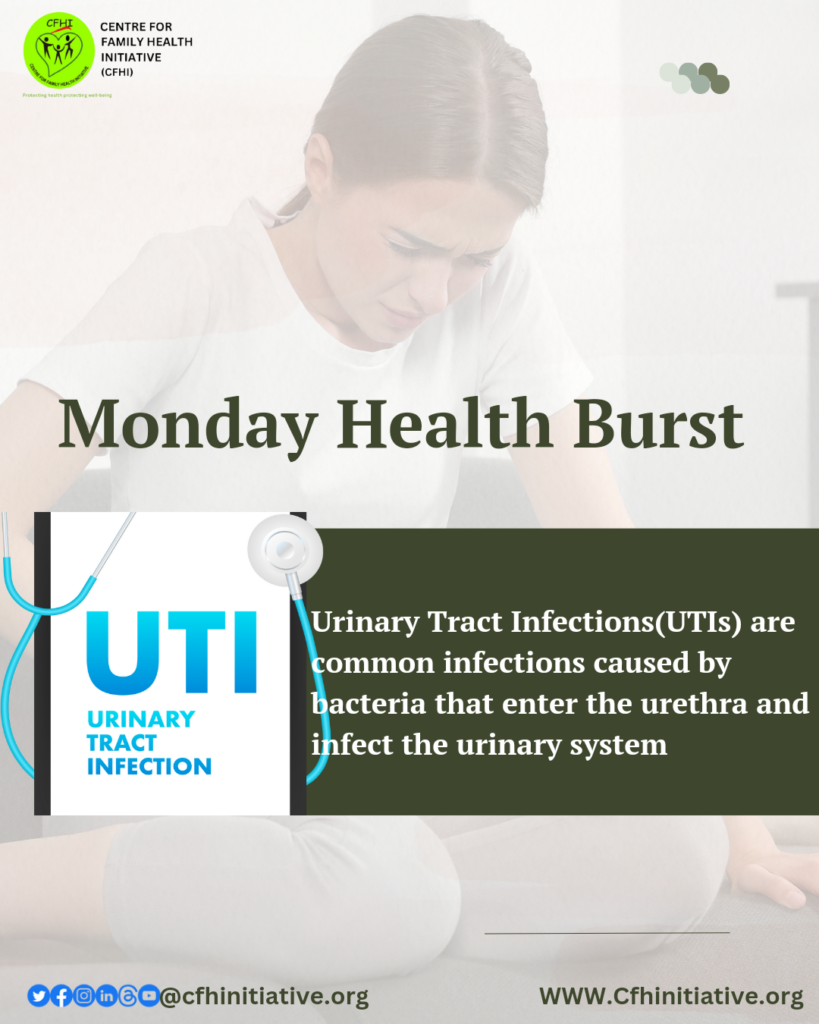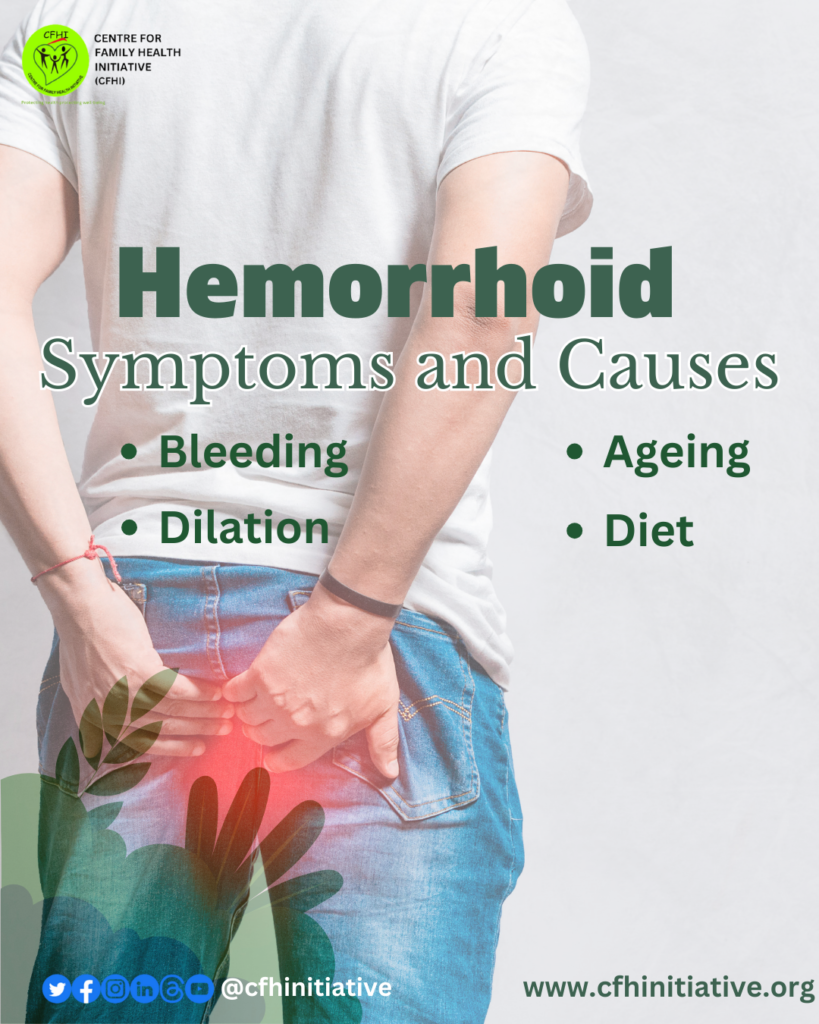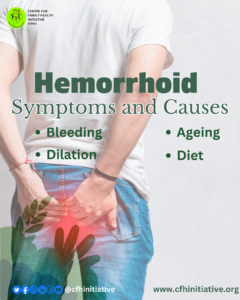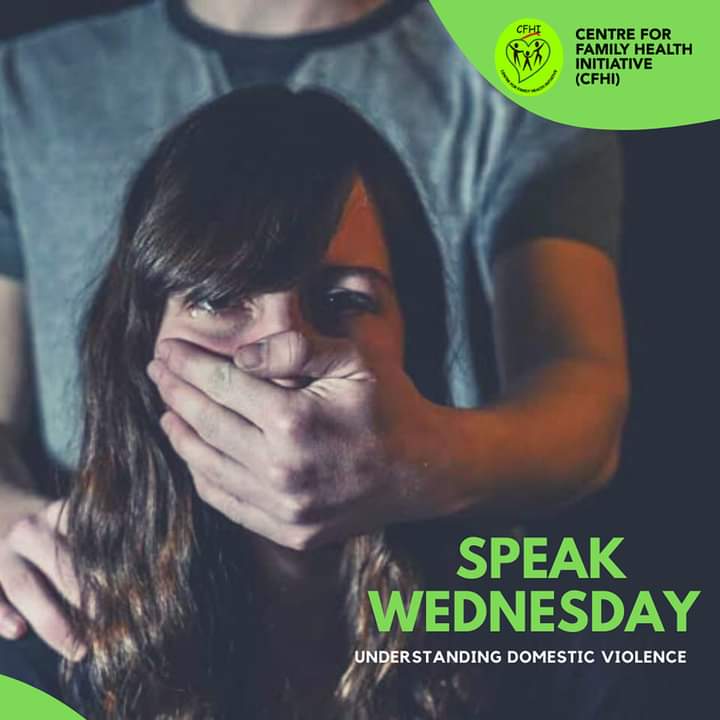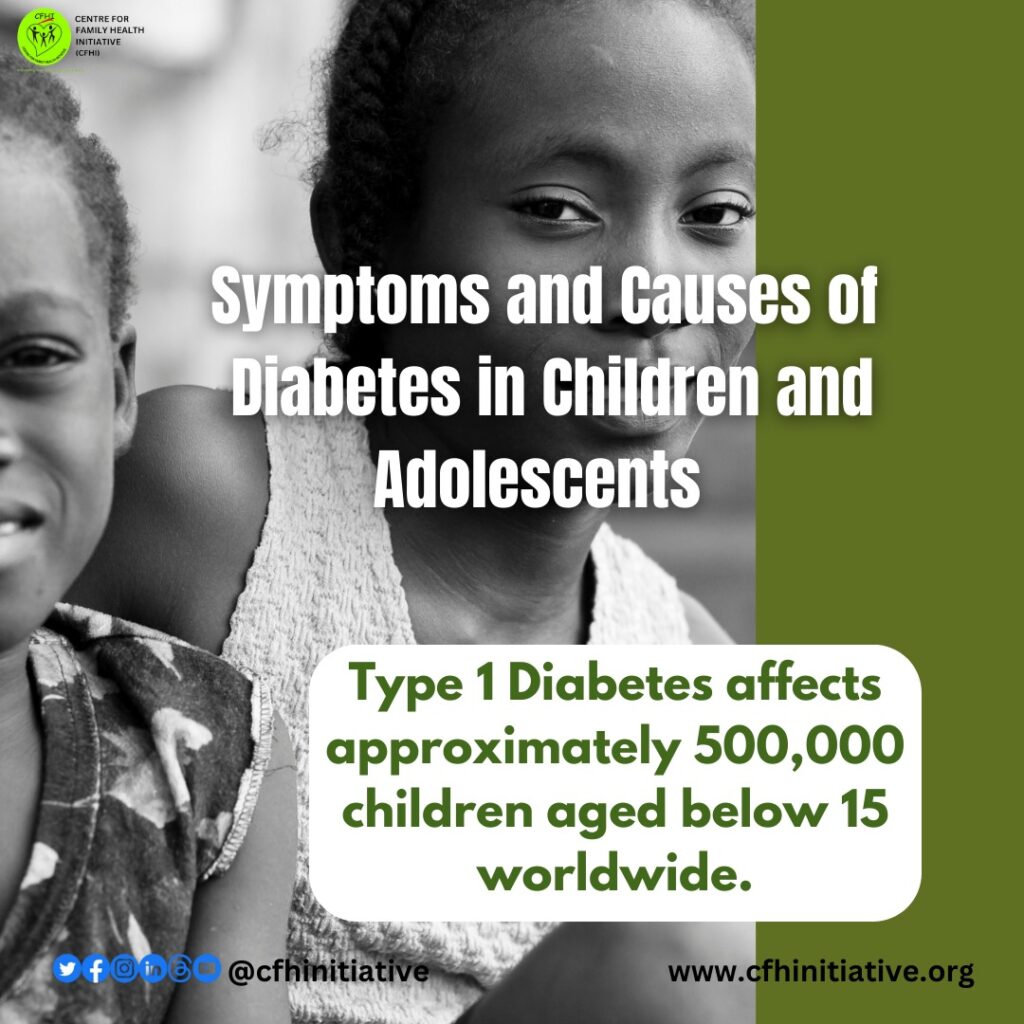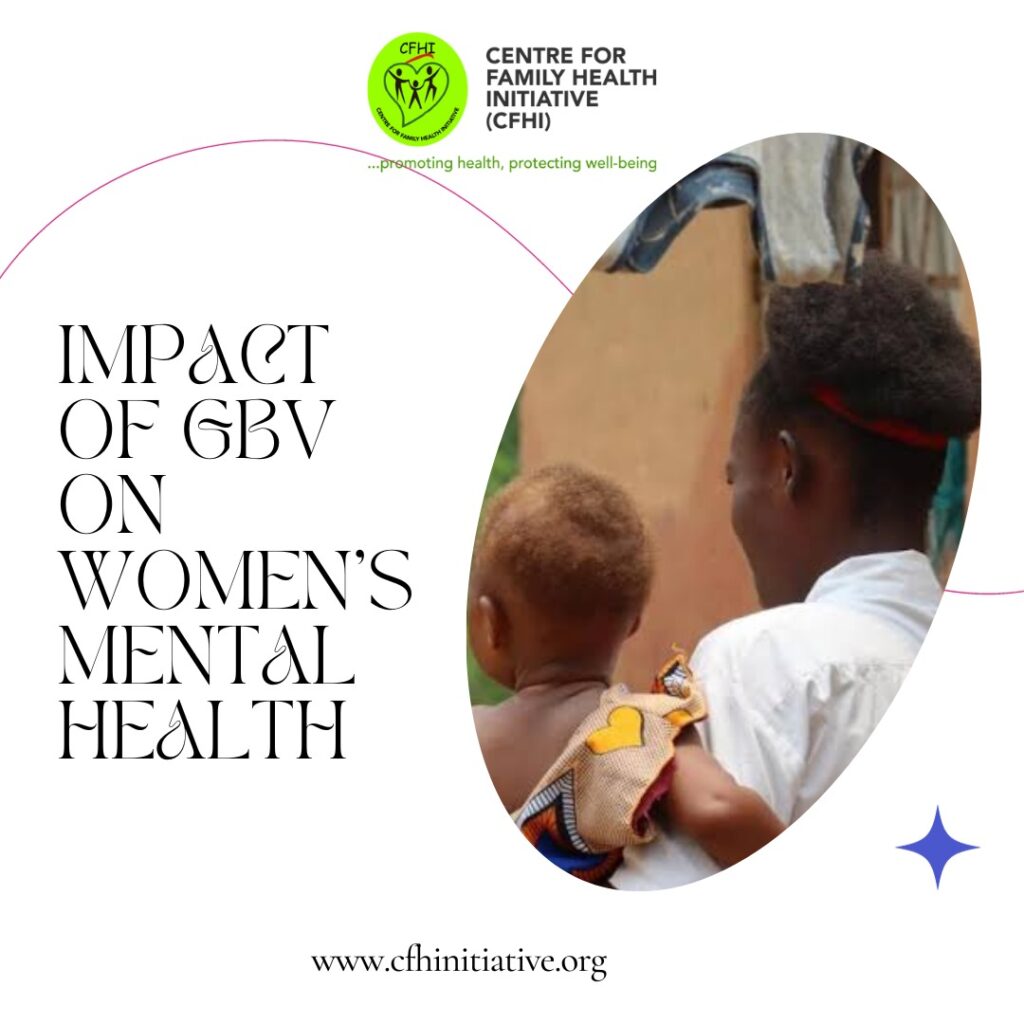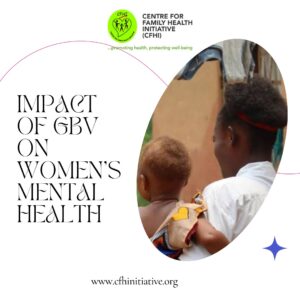MONDAY HEALTH BURST ON URINARY TRACT INFECTIONS
Urinary Tract Infections(UTIs) are common infections caused by bacteria that enter the urethra and infect the urinary system. These germs are usually from the skin or the rectum. While the infections can affect any region of the urinary tract, bladder infections (cystitis) are the most prevalent form. Another kind of UTI is pyelonephritis, or kidney infection. Though less frequent, they are more dangerous than bladder infections.(Centre for Disease Control,CDC).
Causes of UTIs:
Bacterial Invasion: The majority of UTIs are caused by bacteria entering the urethra and traveling up to the bladder.
Risk Factors: Women are more prone to UTIs due to a shorter urethra. Other risk factors include sexual activity, urinary tract abnormalities, a weakened immune system, and catheter use.
Symptoms of UTIs:
Painful Urination: A burning sensation during urination is a common symptom.
Frequent Urination: The urge to urinate more often than usual.
Cloudy or Strong-Smelling Urine: Changes in urine color and odor may indicate an infection.
Pelvic Pain: Discomfort or pressure in the lower abdomen.
Diagnosis:
If you suspect a UTI, a healthcare professional will typically perform a urinalysis to check for bacteria and white blood cells. In some cases, imaging tests may be ordered to identify any structural issues in the urinary tract.
Treatment:
Antibiotics: The primary treatment for UTIs involves a course of antibiotics to eliminate the infection.
Pain Relief: Over-the-counter pain relievers can help alleviate symptoms.
Hydration: Drinking plenty of water can help flush out bacteria from the urinary system.
Prevention:
Hygiene Practices: Wipe from front to back after using the toilet to prevent bacteria from entering the urethra.
Stay Hydrated: Adequate fluid intake promotes regular urination, helping to flush out bacteria.
Urinate After Intercourse: Emptying the bladder after sexual activity can reduce the risk of UTIs.
Conclusion:
Urinary tract infections are a common health concern, especially among women. Understanding the causes, symptoms, and preventive measures is crucial for prompt diagnosis and effective treatment. If you suspect a UTI, consult with a healthcare professional for personalized advice and care.
#MondayHealthBurst
#UrinaryTractInfection
Monday Health Burst is an initiative of CFHI to address issues of basic health concern. Join us every Monday on all our social media platforms for more episodes.
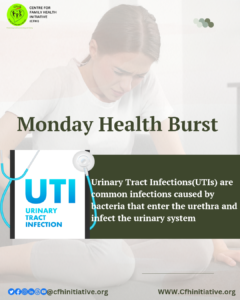
MONDAY HEALTH BURST ON URINARY TRACT INFECTIONS Read More »

